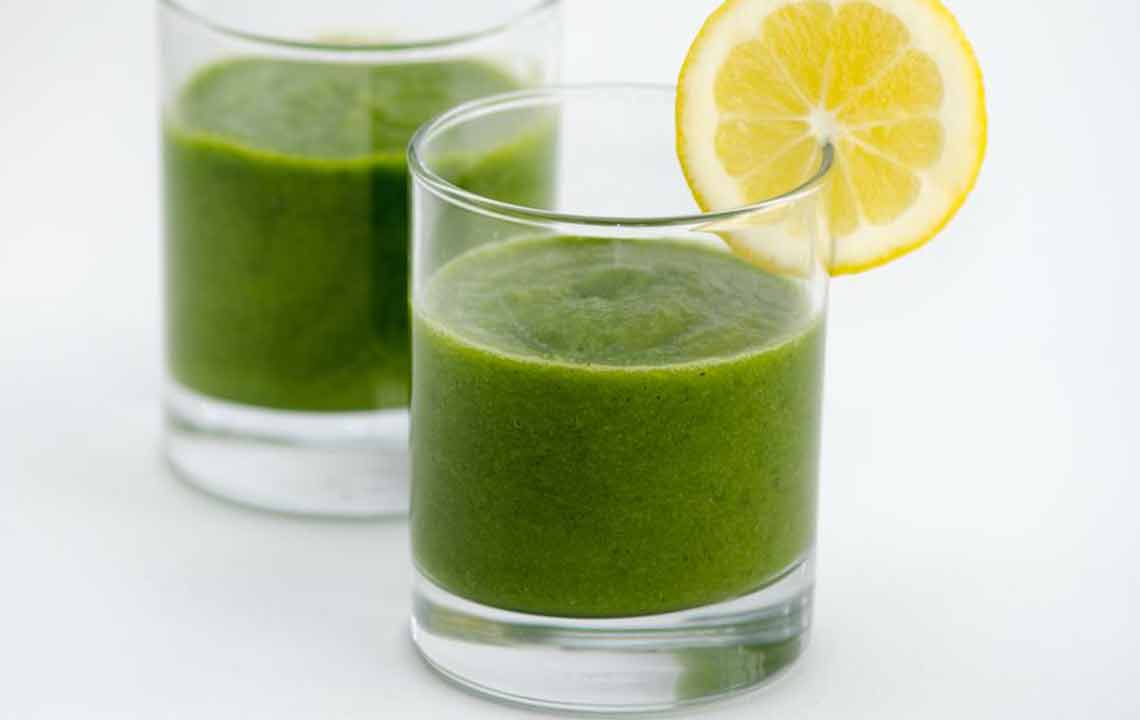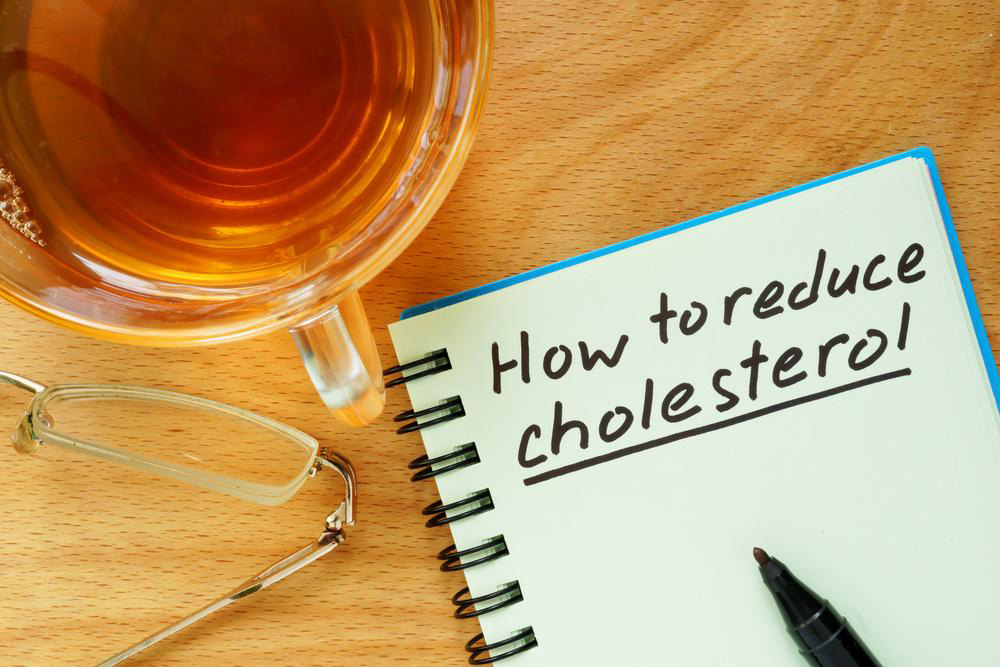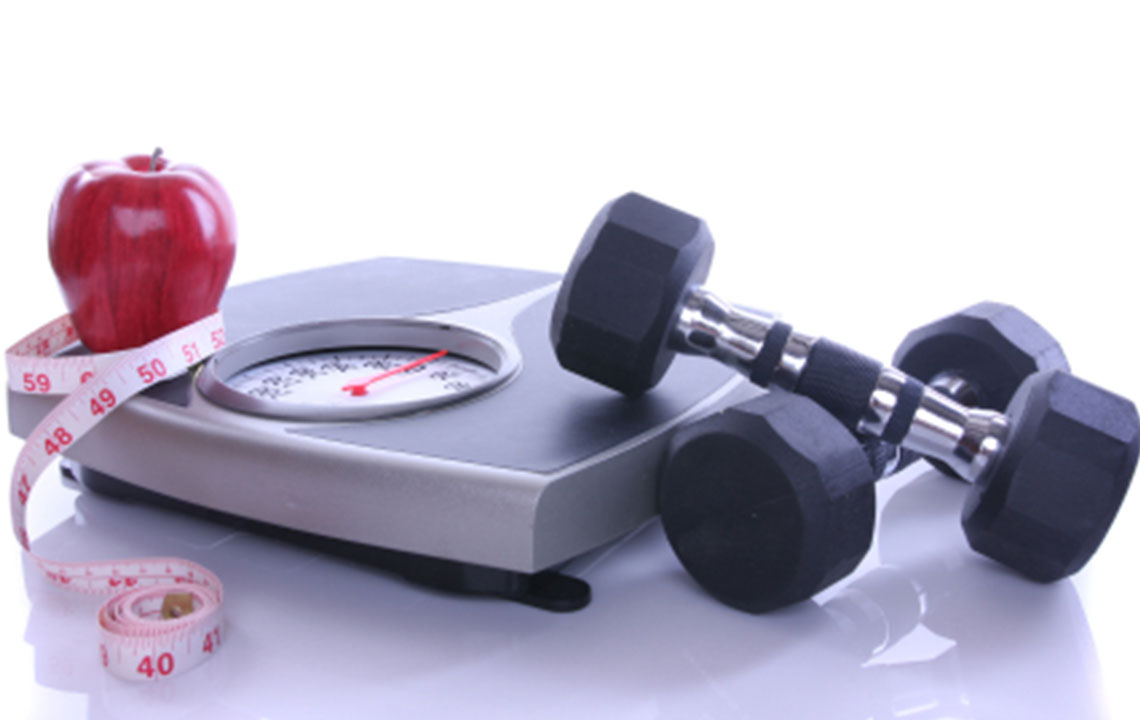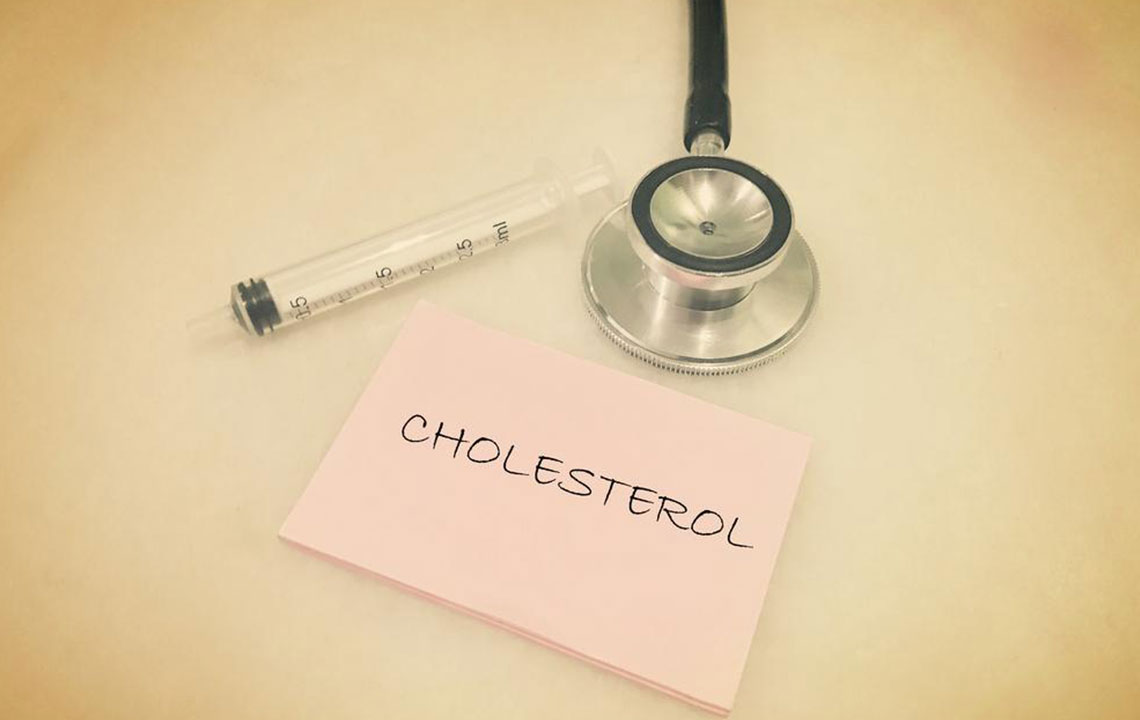Top Strategies to Reduce Arterial Plaque Naturally
Discover natural methods to reduce arterial plaque and improve heart health. From eating omega-3 rich fatty fish and berries to managing stress and staying active, these strategies can help prevent and lower artery blockages without surgery. Incorporate these lifestyle changes for better cardiovascular wellness and long-term health benefits.
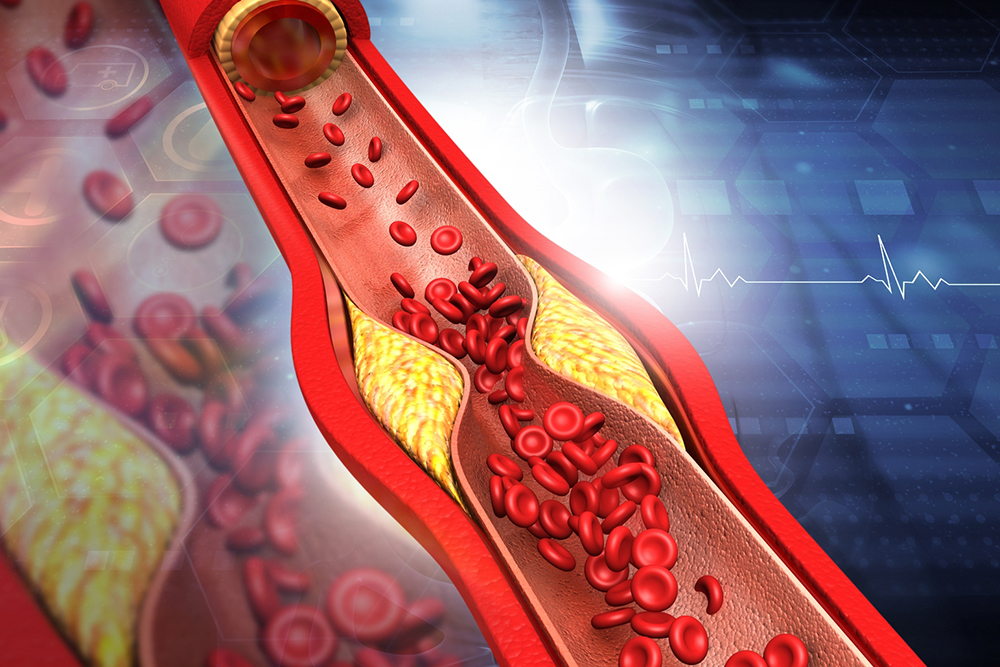
Effective Methods for Lowering Arterial Plaque
Atherosclerosis involves the accumulation of plaque within arteries, which can be triggered by factors like high cholesterol, elevated blood sugar, and processed food consumption. If unmanaged, this buildup can harm arterial walls and cause serious health issues. Although procedures like angioplasty are common, health experts often recommend natural remedies to diminish plaque without surgery.
1. Incorporate Fatty Fish into Your Diet
Consuming fatty fish such as salmon, mackerel, sardines, tuna, and anchovies provides omega-3 fatty acids, which possess anti-inflammatory properties that combat artery inflammation and plaque growth. Eating at least two servings weekly can reduce the risk of atherosclerosis and blood clot formation.
2. Enjoy Berries Regularly
Brightly colored berries like blueberries, strawberries, raspberries, and blackberries are rich in antioxidants like quercetin and anthocyanins. These compounds assist in lowering bad cholesterol, reducing blood pressure, and controlling blood sugar, thereby helping prevent plaque buildup and supporting overall arterial health. Incorporate berries into your meals, smoothies, or enjoy them as snacks.
3. Include Citrus Fruits in Your Diet
Oranges, grapefruits, lemons, and limes are excellent sources of vitamin C and antioxidants that reduce inflammation and oxidative stress in blood vessels. They also help lower cholesterol and triglycerides, reducing atherosclerosis risk. Choose low-sugar citrus varieties and incorporate them into your smoothies or salads.
4. Add Flax Seeds to Your Meals
Flax seeds are rich in omega-3 fatty acids and fiber, which help improve insulin sensitivity and lower blood sugar levels. They support arter y health and can prevent plaque formation. Use ground flaxseed in cereals, smoothies, or sprinkle on yogurt for added benefits.
5. Limit Salt Consumption
Excessive salt intake raises blood pressure and can worsen artery plaque development. Reduce salt in your meals and replace it with flavorful herbs and spices like garlic or paprika, which support cardiovascular health when used in moderation.
6. Manage Stress Effectively
Chronic stress contributes to elevated blood pressure and inflammation, increasing the likelihood of plaque buildup. Practice meditation, deep breathing exercises, or yoga to lower stress levels, which can help protect your arteries and improve overall well-being.
7. Engage in Regular Exercise
Consistent physical activity enhances blood circulation and promotes the body’s ability to repair damaged arterial cells, reducing plaque accumulation. Activities like walking, cycling, swimming, or running are beneficial, especially for older adults. Tailor your workout plan with professional guidance if needed.
8. Stay Active Throughout the Day
If scheduled workouts aren’t possible, keep moving during daily activities. Standing, stretching, or short walks regularly help prevent sedentary habits that contribute to cardiovascular problems and artery clogging. Maintaining consistent activity supports heart and artery health.


